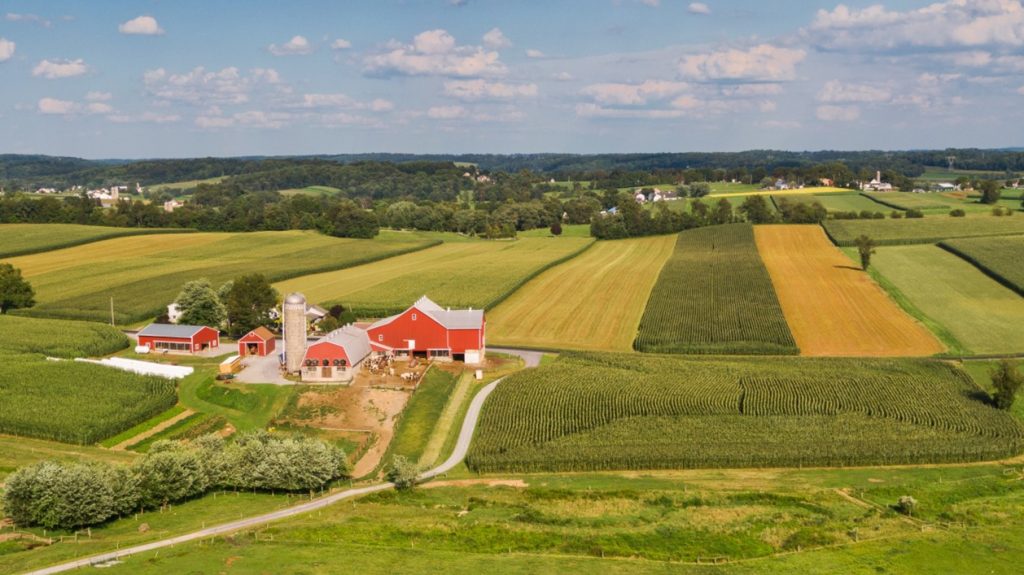President Joe Biden signed the Inflation Reduction Act into law Tuesday, which conservation groups see as a major victory in the battle against climate change.
One organization dedicated to saving the Chesapeake Bay is happy about the new law, which channels billions of dollars into clean-energy development.
Bill Chain – agricultural program manager and interim director with The Chesapeake Bay Foundation in Pennsylvania – said the Inflation Reduction Act also allocates $20 billion to the U.S. Department of Agriculture, which he said means more funding for improving farming practices in the commonwealth.
“Much of that funding will come in the way of conservation dollars,” said Chain. “That simply means opportunities for family farmers here in Pennsylvania to do what they want to do to improve the farm, and to leave a lasting legacy on the farmland by increasing the amount of conservation practices that they are able to employ.”
Chain added that he sees this funding as a match to what Pennsylvania just did by passing its own Agricultural Conservation Assistance Program. Together, they’ll give farmers more financial and technical support to minimize farm waste runoff into local streams and waterways.
Farm conservation practices include planting trees along stream banks, rotating crops in the fields where livestock graze, and fencing livestock out of streams.
Chain said these are cost-effective conservation methods that also improve a farmer’s bottom line, help cut costs and make their farms more environmentally friendly.
“When farmers manage the soils with regenerative practices using cover crops, they build up nutrients in the soil,” said Chain. “They actually need less commercial fertilizers over time, because they’re essentially managing the soil to produce its own nutrients – increasing organic matter, increasing water-holding capacity.”
Farmers in the Chesapeake Bay watershed have fewer than four years to adopt the practices that will help achieve the pollution reduction levels set out in the Chesapeake Clean Water Blueprint. It says about 90% of the remaining pollution reductions need to come from agriculture.




